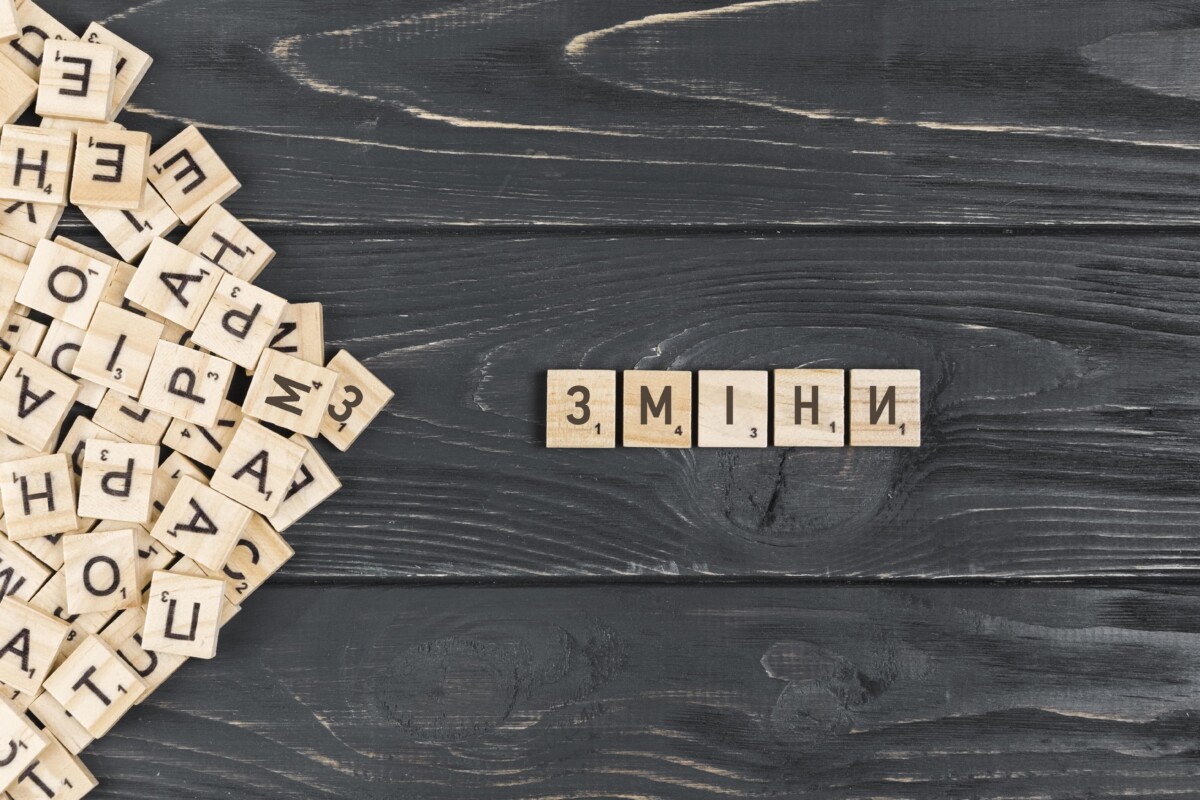

Last week MPs voted for essential changes in the legislation on the ARMA. These changes envisage a special management procedure in exceptional cases to prevent emergencies or failures in heat, energy, electricity, and water supply, drainage, natural gas supply, aircraft construction, and military-industrial sectors.
Currently, the application of the general procedure for selecting a manager in certain cases in relation to assets that are important for the state leads to extremely negative consequences. A striking example is that the ARMA-elected manager of the TPP in Novoyavorivsk and Novyi Rozdil of Lviv oblast, failed to manage it which put residents of the two cities in danger of disrupting the heating season. It became possible to correct the situation only thanks to the intervention of the Cabinet of Ministers and the announcement of the risk of a man-made disaster. In other words, the situation with the TPP in 2019-2020 demonstrated that the state cannot neglect its participation in such cases.
The current model of managing the seized property is purely commercial, without considering the needs of the state and the region even when managing strategically important facilities such as a TPP or an airport. As of today, many seized assets have been transferred to the ARMA which are of great importance for individual regions or the entire state. This includes the Motor Sich JSC, a TPP in the Donetsk oblast, and an oil product pipeline. The changes that have been adopted will ensure the operational, continuous functioning of these assets with the help of the state until an appropriate court decision is made.
For the first time in many years, we can talk about positive changes in the specialized law.
But it is worth focusing on its other problems that need to be solved to improve the management of property that was seized in the framework of criminal proceedings. The lack of planning before the transfer of property to the management of the National Agency does not allow for efficient and prompt management of the seized assets.
- The lack of a meaningful and effective dialogue between law enforcement officers and the ARMA at the stage preceding transfer to management very often leads to terrible situations. An example: the transfer of 21,000 medical masks in the midst of a pandemic without the possibility of selling them.
- Lack of a clear and transparent mechanism for asset sales. Changes to the legislation that will help engage market leaders in the organization of bidding will attract more potential buyers, eliminate the opaque sales mechanism and, consequently, increase the final price of the assets sold. The practice of selling the arrested assets is envisaged by international law and is extremely common in Europe. Moreover, the experience of Romania, the Czech Republic, France, and other countries shows the effectiveness of this way of management. The main thing is that such a sale should take place in cases stipulated by law, at the market price, and transparently.
- Blocking the work of the Asset Recovery and Management Agency through the imperfection of the judicial system of Ukraine. Examples of cases where the enforcement of court decisions in criminal proceedings is blocked by security in administrative proceedings are simply shocking.
It is also worth noting that some MPs are trying not to correct the existing gaps but, on the contrary, to “cripple” one of the functions of the institution, make it impossible to effectively manage a part of the assets and ensure peace of mind for those involved in criminal proceedings with the impossibility of revenues to the state budget.
June 8 at 12:00 p.m., the session of the Verkhovna Rada Committee on Anti-Corruption Policy is to take place which will consider two fundamentally different draft laws on the ARMA.
One of the draft laws contains some of the necessary legislative changes that are aimed at building an independent, transparent and effective institution, the other one may turn the ARMA into a “garbage bag,” or a “storage room” for individual assets.






